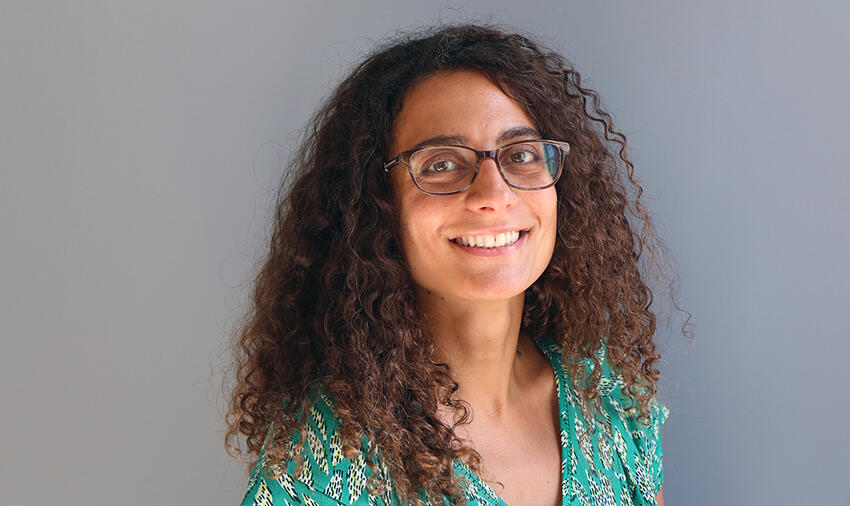Challenging the epistemic power of the police: How activists produce knowledge about policing and race in France
Magda Boutros, Sciences-Po, Paris
Notes & Changes
Please note that this event will be Hybrid but will not be recorded.
Registration closes at midday on Wednesday 5th February. The Teams link will be sent to you that afternoon.
Abstract
This talk draws on an ethnographic study of contemporary movements against racialized policing in France. It examines how activists grapple with a common obstacle in anti-police activism: the police hold disproportionate power to determine what is known, and what remains unknown, about policing practices – what I call the epistemic power of the police. This is compounded by France’s race-blind ideology, which makes it difficult to evidence the racialized nature of policing.
The study asks: How do activists shed light on abusive policing practices that remain largely hidden from public view? How do they make visible the role of race in policing, in a race-blind context? What are the implications of activists’ knowledge practices for how racialized policing is understood and debated in the public, policy, and judicial spheres?
Bridging scholarship in social movements, policing studies, and critical race theory, with insights from the sociology of knowledge, the research shows that examining the epistemic power of the police is essential to understand the obstacles activists face, and what it takes to effectively challenge policing practices. When movements produce their own knowledge, how they do so – their modes of knowledge production – matters for the frames they promote, and for their influence on political, legal, and media debates. It shapes their ability push beyond a “bad apples” narrative and toward an institutional and structural analysis of racialized policing.
Bio:

Magda Boutros is an Assistant Professor of sociology at Sciences Po, in Paris. Her research examines how policing and criminal justice institutions (re)produce inequalities of race, class, and gender, and how people act collectively to challenge them. She is currently writing a book on activism against racialized policing in France, based on an ethnographic study of three activist coalitions. The book shows that the way in which activists produce knowledge about policing and inequalities shapes how they define the problem of racialized policing, and how they influence the public and political debate about policing, equality, and justice. She is also working with Aline Daillère on a project examining the police’s policy of “evicting undesirables” from public spaces in Paris. Her work was published, among other outlets, in Social Problems, Theory & Society, Theoretical Criminology, and Law & Society Review.

